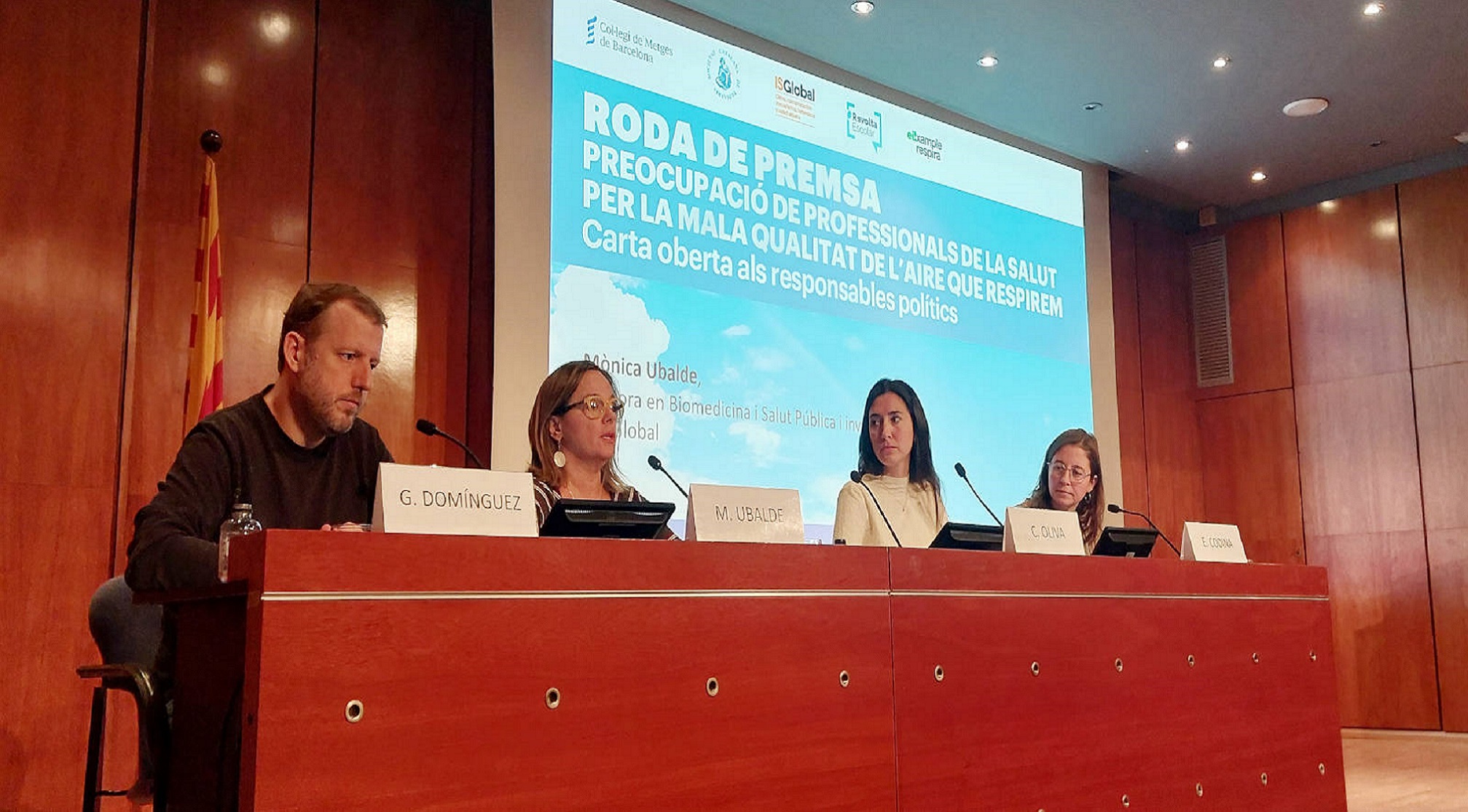A study led by Manolis Kogevinas at the Barcelona Institute for Global Health (ISGlobal) has identified a link between air pollution—particularly exposure to fine particles (PM2.5 and PM10)—and the prolonged duration of persistent COVID symptoms. The research team suggests that while air pollution may not directly cause long COVID, it could exacerbate the severity of the initial infection, thereby increasing the risk of developing long COVID.
The study, which tracked more than 2,800 participants aged 40 to 65 from the COVICAT cohort in Catalonia, also notes that other factors, such as green spaces or traffic noise, have a lesser impact on the duration of long COVID. The findings highlight the need for a deeper understanding of the mechanisms connecting pollutants to this condition, which affects millions worldwide.
A wake-up call on air quality
This research adds to the growing evidence of the profound impact that air quality has on human health, beyond traditional respiratory illnesses. For this reason, ISGlobal, in collaboration with the Barcelona Medical Association, the Catalan Pediatric Society, and the Revolta Escolar and Eixample Respira collectives, has launched the Manifesto for Air Quality, an urgent call to policymakers to improve pollution levels.
Presented at a press conference yesterday, November 28, the manifesto highlights that over 8 million premature deaths annually are linked to air pollution, with particularly devastating effects on children and vulnerable communities. It proposes ambitious measures, such as promoting sustainable transport, reducing fossil fuels, and better urban planning to tackle this health and environmental crisis.
Institutions and individuals wishing to endorse this manifesto can do so via this form.
Climate and health: a challenge for health and social justice
In parallel, ISGlobal has also raised concerns about the lack of investment in climate and health research at the European level through a joint manifesto by SPHERA, an European consortium that brings together leading European research institutions on environment, climate, and health. They have denounced what they describe as a “disappointing omission” in the Horizon Europe 2025 preliminary program. According to this draft, the program will not allocate specific funding to study the connections between climate change and human health, despite growing evidence of its impact. For example, rising temperatures, which are expected to break new records, together with studies estimating 70,000 and 47,000 heat-related deaths in the summers of 2022 and 2023, respectively.
Extreme events such as heat waves, wildfires, and floods have highlighted the severe health threats posed by climate change. These factors, combined with other risks such as pollution and the rise in allergic diseases, are creating an increasingly concerning health burden. Experts call for decisive EU actions to address these challenges and prevent devastating long-term consequences.
Saucy A, Espinosa A, Iraola-Guzman S, Castaño-Vinyals G, Harding BN, Karachaliou M, Ranzani I, De Cid R, Garcia-Aymerich J, Kogevinas M. Environmental exposures and Long-COVID in a Prospective Population-Based Study in Catalonia (COVICAT study). Environmental Health Perspectives. 2024. https://doi.org/10.1289/EHP15377







